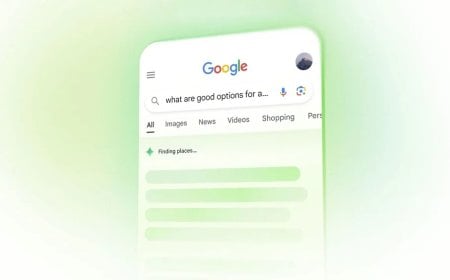Police Pulls Plug on Social Media Misuse

In a move to protect the dignity of the force, prevent the dissemination of sensitive and confidential information, and mitigate security risks, the Police Headquarters has tightened regulations on the use of social media by its members. Special guidelines have been issued outlining the dos and don'ts regarding the use of social media and digital devices at both personal and institutional levels to ensure proper security and confidentiality.
According to the directive, being active on social media while on duty will be considered negligence of duty and categorized as misconduct. Members must refrain from posting, sharing, liking, or uploading unsolicited, objectionable, or indecent content, images, or videos on social media. Furthermore, caution must be exercised in content selection and friend selection, avoiding unnecessary tagging, referencing, or sharing. Only SIM cards registered in the user’s own name are permitted for use.
The directive further states that Bangladesh Police units must adhere to specific rules when creating and managing institutional social media accounts. The names of the accounts or pages must reflect the unit rather than any individual or designation. Cover photos should clearly represent the respective unit. A team of three to five members will serve as admin, moderator, or authority for managing the accounts, subject to the approval of the unit head or media focal point officer. Personal or family photos must not be used in official page banners or profile pictures. Strong passwords must be used for account security and should be changed periodically. Based on the unit’s decision, the responsible admins or moderators will control content visibility, comments, member inclusion, access rights, and privacy settings.
Rules Regarding SIM and Phone Usage
Under the new guidelines, police personnel must purchase SIM cards in accordance with prevailing laws. In case of loss or malfunction, they must replace it with the same number if allocated officially. Given the ease of exchanging videos, images, audio, and other data via mobile phones, members are urged to exercise maximum caution to prevent accidental transmission of sensitive information to unauthorized individuals or institutions. During training sessions, trainees are prohibited from using mobile phones at training venues. Official mobile phones are strictly to be used for official communication only, and personal calls are discouraged. Likewise, members are discouraged from using personal mobile phones during duty hours unless urgently necessary. Members must not randomly record videos, stills, or audio of operational activities. However, police personnel are allowed to record videos or still images related to the recovery of illegal drugs, firearms, ammunition, and crime scenes.
Content Sharing and Commenting
Content or comments posted from official accounts must align with the objectives of the force or the respective units. Personal posts must be accurate and reliable, avoiding sensitive subjects. No posts, pictures, videos, comments, tagging, referencing, or sharing that could tarnish the image of the state, government, or the police force are allowed. Content that opposes national unity and spirit, offends religious sentiments, contradicts secular principles, promotes political ideology, supports militant activities, or endorses religious extremism is strictly prohibited.
Moreover, discriminatory, hateful, or derogatory comments or content about any indigenous communities, ethnic groups, or minorities residing in Bangladesh are forbidden. Any propaganda or promotional content against the spirit of the Liberation War is also not allowed. Police members must not publish any writing, audio, or video that may cause public dissatisfaction or create negative sentiments.
Ultimately, members must consider social norms, institutional guidelines, legal obligations, and confidentiality when posting content or comments. Personal or family-related content must not be posted on official accounts or channels. Important official content should be encouraged for archiving, re-presentation, and sharing. Members are prohibited from taking photos with known criminals or individuals involved in controversial activities and posting them on social media. Without prior approval from the responsible officer or unit head, no information, videos, stills, or audio related to ongoing investigations or trials can be shared. Content that could compromise the privacy of victims must not be posted. Protecting the victim’s privacy is paramount. No classified, sensitive, or strategically significant information, especially related to security installations and equipment (such as armories and weapons), may be shared or published on social media without prior authorization.









































































































































































































